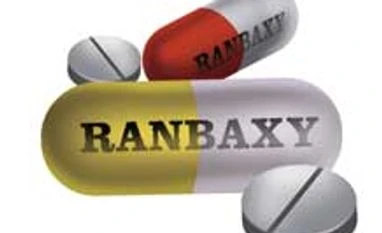“This is a complete cover-up act by the management. The management must look for the right kind of solutions to address the problem, instead of shifting the blame on employees,” a company employee told Business Standard, on conditions of anonymity.
Another senior employee at Toansa plant argued the management should be asked about the steps taken for the maintenance of the factory in the past few years. An email questionnaire sent to Ranbaxy about the suspected sabotage remained unanswered. A company spokesperson, when contacted on phone, refused to comment.
More From This Section
Ranbaxy’s Toansa factory, with its inception in 1986, is one of the oldest active pharmaceutical ingredient (API) manufacturing facilities in the country. Till the latest US ban was imposed on the unit, it was catering to over 70 per cent of Ranbaxy’s captive requirement for API or raw material used in medicine formulations.
However, people in the know of the developments say the plant is not in a very good shape and employees should not be blamed for sabotage, as many of the observations made by US Food and Drug Administration (US FDA) are related to lack of documentation over several months, lack of specifications, inadequate laboratory facilities, etc. “How can a set of employees who are offered VRS (voluntary retirement scheme) be given charge during an inspection process? What was the plant in charge doing if these employees were playing mischief?” asks an industry representative.
The US FDA Form 483 highlighted eight serious deviations in Ranbaxy’s Toansa factory. These included presence of flies through broken windows, building up of melting ice in refrigerator where drug samples were stored, non-maintenance of analytical instruments, etc. “Our inspection of the quality control analytical and microbiology laboratories found the facility to be in significant disrepair,” US FDA inspectors observed after the inspection of the factory earlier this month.
According to a source, Ranbaxy is facing trouble with its leadership, which has allegedly failed to reach out to its employees working on the ground. “Employees are extremely demotivated with the recent activities… Just changing a few hands will not solve the problem for the company. To bring about a cultural change and to implement best practices in manufacturing, the management needs to interact with workers, with scientists, with each and every team leader,” said the source.
On Tuesday, three top executives of Ranbaxy — Executive Vice President & Head of Global Quality Dale Adkinsson, President-R&D Sudarshan Arora and Vice President & Head Global Regulatory Affairs Rajiv Mathur — met Drugs Controller General of India (DCGI) G N Singh. The company has been given strict warning by DCGI to comply with the standards and norms, failing which it can even face a ban in the domestic market. The company’s Toansa factory is also expected to be inspected by domestic regulatory authorities soon.
Following the US FDA enforcement, Ranbaxy CEO and Managing Director Arun Sawhney has ensured its shareholders that the company is conducting “internal investigation” and will take “strict action”.
“What transpired at the plant is clearly unacceptable to us and the management have taken this matter very seriously,” he had said.
)